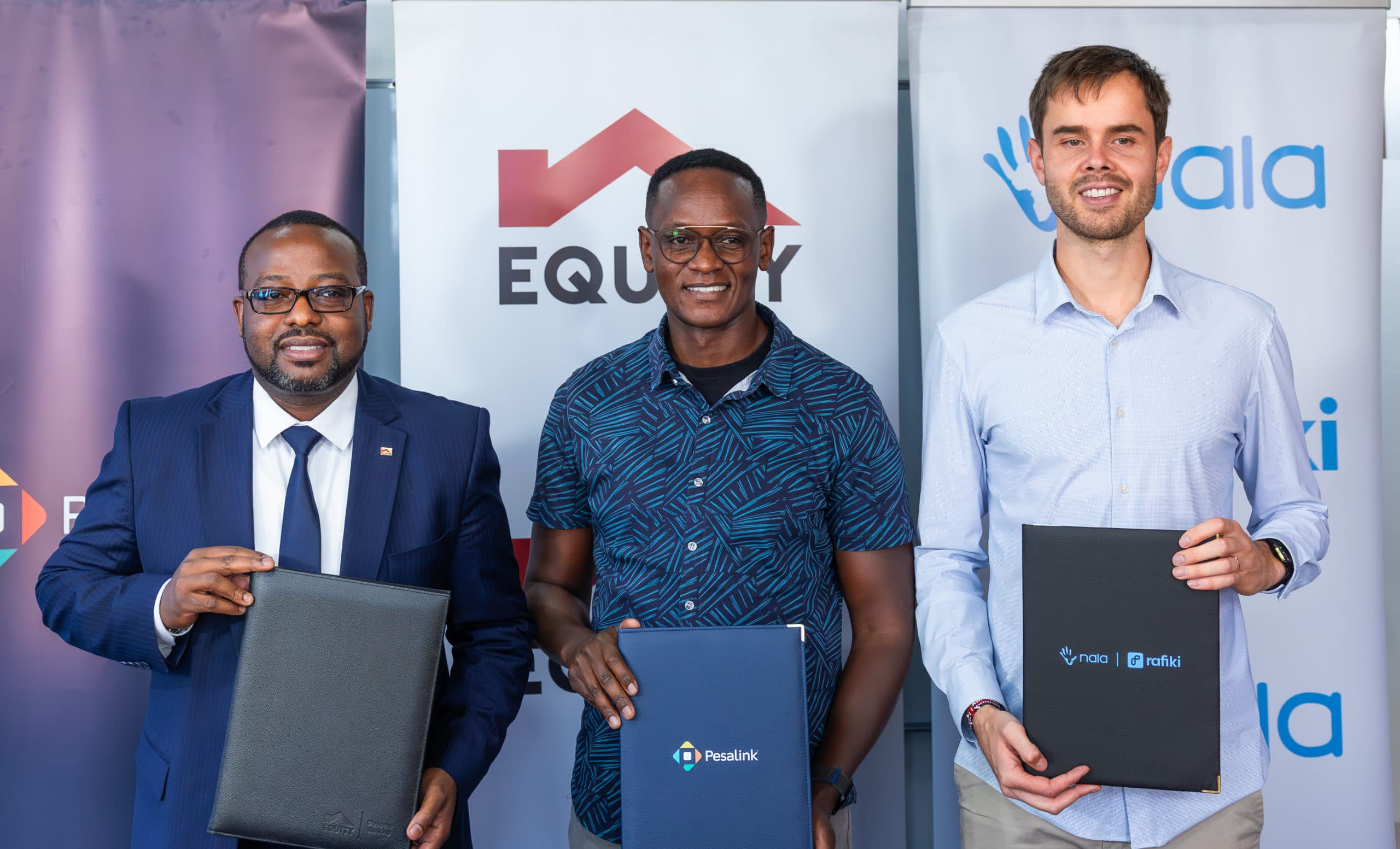We're loading the full news article for you. This includes the article content, images, author information, and related articles.
A Paraguayan tech leader's vision to transform her nation into South America's 'Silicon Valley' highlights parallels with Kenya's own robust digital economy growth and government-backed initiatives.

Nairobi, Kenya – The ambitious drive by Gabriela Cibils to position Paraguay as the 'Silicon Valley of South America' resonates strongly with Kenya's established trajectory as a leading technology and innovation hub in East Africa. Cibils, a computer and neuroscientist from the University of California, Berkeley, and a partner at Cibersons, is leveraging her Silicon Valley experience to foster a vibrant tech ecosystem in her home country.
Paraguay, a landlocked nation between Brazil and Argentina, is increasingly focusing on its technology sector, a shift from its traditionally agricultural economy. This mirrors Kenya's journey, where the digital economy is a significant and growing contributor to the Gross Domestic Product (GDP).
For years, Paraguay was not considered a tech-focused nation. However, the country has seen a notable shift, with government officials and private sector leaders collaborating to create a framework that supports digital growth, particularly with a focus on sustainability and accessibility. This includes leveraging its abundant hydroelectric power for data centres and tech infrastructure, making it attractive to environmentally conscious tech companies.
Similarly, Kenya has long been dubbed the 'Silicon Savannah' due to its pioneering role in mobile money with M-Pesa and its thriving startup ecosystem. The Kenyan government has consistently positioned the country as a regional tech hub, attracting significant investment and fostering local innovation.
Paraguay's government has implemented initiatives to improve internet access and digital services, with the Ministry of Information and Communication Technologies leading a national plan. The country has also seen a rise in inclusive leadership practices, with women holding approximately 40% of technology leadership positions in government departments, contributing to more balanced digital policies.
In Kenya, the government's commitment to the digital economy is evident through initiatives like the ICT Authority's Strategic Plan (2024-2027) and the World Bank-funded Kenya Digital Economy Acceleration Project (KDEAP). These programmes aim to enhance digital infrastructure, expand digital government services, promote digital skills development, and foster digital innovation. The Digital Superhighway Project, launched in February 2023, plans to lay 100,000 kilometres of fibre optic cable and establish 25,000 public Wi-Fi hotspots.
Gabriela Cibils, whose parents worked in technology, was inspired to pursue a degree in computing and neuroscience. After eight years in Silicon Valley, she returned to Paraguay to lead venture capital funds, investing in startups across the Americas. Her personal mission is to strengthen the connection between Silicon Valley and Paraguay, supporting Latin American startups with global potential.
In Kenya, a diverse range of stakeholders, including government bodies, private sector organisations, and educational institutions, are actively involved in nurturing the tech ecosystem. The entrepreneurial spirit is fuelled by a young, tech-savvy population and increasing access to funding and mentorship.
Despite progress, Paraguay faces challenges such as limited internet penetration in rural areas, with approximately 30% of the population lacking reliable connectivity. A digital skills gap also persists, as educational institutions struggle to keep pace with evolving technology demands. Funding for startups remains a hurdle, with cautious local banks and investors.
Kenya also faces challenges, including infrastructure gaps, talent acquisition and retention issues, and the need for a supportive regulatory framework. While mobile network coverage is extensive, a significant usage gap exists, with only 33.5% of the population currently using mobile internet.
The long-term impact of Paraguay's new Public–Private Partnership Law, passed in January 2025, on startup growth remains to be seen. Similarly, while Kenya has made strides in attracting investment, ensuring equitable infrastructure coverage and digital literacy across all regions remains an ongoing effort.
Paraguay's digital transformation is expected to gain momentum, with a continued focus on sustainability and inclusion. The country is also preparing for a 5G spectrum tender.
Kenya's ICT Authority's Strategic Plan extends to 2027, with ongoing efforts to expand digital infrastructure and services. The Digital Superhighway Project is actively rolling out fibre optic cables and public Wi-Fi hotspots.
Observers will be keen to watch how Paraguay addresses its digital divide and funding challenges to fully realise its 'Silicon Valley' aspirations. In Kenya, the focus will be on the continued implementation of the Digital Superhighway Project and the impact of initiatives aimed at bridging the mobile internet usage gap and fostering a robust local software industry.
Kenya's journey in digital transformation, particularly in mobile financial services and e-commerce, offers valuable insights for emerging tech hubs. The government's efforts to create a conducive environment for startups and attract foreign investment continue to shape its digital landscape.
Keep the conversation in one place—threads here stay linked to the story and in the forums.
Sign in to start a discussion
Start a conversation about this story and keep it linked here.
Other hot threads
E-sports and Gaming Community in Kenya
Active 9 months ago
The Role of Technology in Modern Agriculture (AgriTech)
Active 9 months ago
Popular Recreational Activities Across Counties
Active 9 months ago
Investing in Youth Sports Development Programs
Active 9 months ago